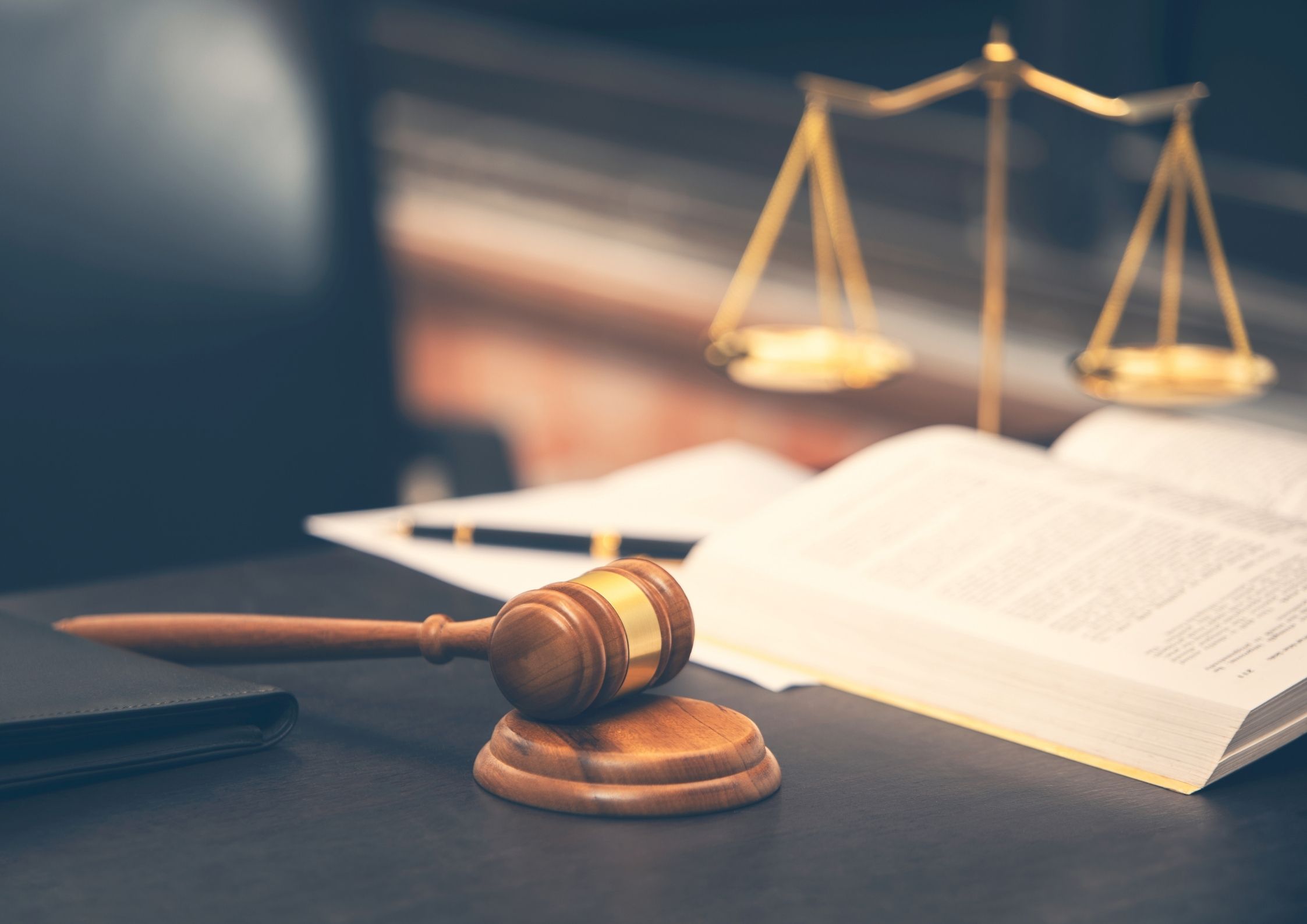In the rapidly evolving business landscape, safeguarding trade secrets has become a paramount concern for companies striving to maintain their competitive edge. The 2023 Trade Secrets Litigation Trends Study sheds light on the needs of trade secret owners, bringing to the table the importance of trade secret audits and how they help businesses navigate the complexities of modern trade secret protection.
The Evolving Landscape of Trade Secrets Litigation
The '2023 Trade Secrets Litigation Trends in the EU' report, a significant resource, thoroughly examines trade secrets litigation trends from January 2017 to October 2022. Its key findings shed light on several crucial aspects of trade secrets litigation:
- High Localization of Litigation: Trade secrets litigation in the EU is notably localized, with significant variations in case volumes across Member States. This localization underscores the urgency of understanding and complying with national laws and regulations, as countries like Bulgaria, Estonia, and Italy report disproportionately high litigation levels. At the same time, major economies like France and Germany show lower-than-expected volumes.
- Employer-Employee Disputes: A significant proportion of trade secrets litigation involves disputes between employers and former employees. These cases often revolve around the unauthorized use or disclosure of trade secrets acquired during employment. The report reveals that 38% of defendants in trade secrets cases are former employees, highlighting the need for robust internal policies and agreements to safeguard sensitive information.
- Commercial vs. Technical Information: While trade secrets are commonly associated with technical innovations, the report finds that a substantial portion of litigation concerns commercial information. Manufacturing sectors, particularly those dealing with commercial downstream details (such as customer lists and marketing data), are frequently implicated in trade secrets disputes. This insight broadens the scope of trade secrets protection beyond purely technical domains.
- Proportionality and Reasonable Steps: The report emphasizes the importance of the "reasonable steps" requirement for protecting trade secrets. This requirement is flexible and context-specific, tailored to the value of the trade secret and the nature of the business. Companies must take proactive measures to demonstrate that reasonable steps have been taken to maintain the confidentiality of their trade secrets.
- Challenges in Litigation: Procedural measures to preserve the confidentiality of trade secrets during litigation are crucial. The report identifies challenges in balancing the specificity of claims with the risk of unintentional disclosure. Trade secret holders must navigate these challenges to effectively enforce their rights without compromising the secrecy of their valuable information.
The Role of Trade Secret Audits
Given these insights, it becomes evident that conducting regular trade secret audits is an essential strategy for businesses. Trade secret audits ensure the identification, documentation, and protection of trade secrets. Here are several reasons why trade secret audits are crucial:
- Identification of Trade Secrets: Many companies need to be made aware of the full extent of their trade secrets. Audits help identify and categorize all potential trade secrets within the organization, ensuring comprehensive protection.
- Assessment of Protection Measures: Audits evaluate the effectiveness of existing protection measures, including confidentiality agreements, security protocols, and employee training programs. This step ensures that current practices are sufficient to safeguard trade secrets.
- Compliance with Legal Standards: Trade secret audits help ensure compliance with relevant laws and regulations, such as the EU Trade Secrets Directive. Compliance reduces legal risks and enhances the enforceability of trade secrets in litigation.
- Risk Management: Identifying potential vulnerabilities and risks associated with trade secrets allows businesses to take proactive measures to mitigate these risks. This step includes addressing any gaps in security and updating policies as necessary.
- Preparation for Legal Disputes: Thorough documentation from regular audits strengthens a company's position in legal disputes in the event of trade secret misappropriation. It demonstrates due diligence and helps prove the existence and ownership of trade secrets.
Putting It All Together
Understanding the evolving landscape of trade secrets litigation and the role of audits underscores the need for businesses to adopt a proactive approach. Companies can better identify, protect, and manage their valuable intangible assets by integrating regular trade secret audits into their business strategies. This proactive approach ensures compliance with legal standards and prepares businesses for potential legal challenges.
Conclusion
In an era where safeguarding trade secrets is vital for maintaining a competitive edge, understanding and navigating the complexities of trade secret protection is more critical than ever. The insights from the "2023 Trade Secrets Litigation Trends in the EU" report highlight the evolving landscape of trade secrets litigation and the imperative for businesses to adopt robust protection strategies.
Conducting regular trade secret audits has emerged as a critical strategy for identifying, documenting, and protecting valuable trade secrets. These audits help recognize the full extent of trade secrets within an organization and ensure the effectiveness of protection measures, compliance with legal standards, risk management, and preparation for legal disputes.
By integrating regular trade secret audits into their business strategies, companies can significantly enhance their ability to protect their intangible assets, reduce legal risks, and be better prepared for potential legal challenges.
Talk to One of Our Experts
Ready to safeguard your competitive edge? Contact our expert team today to schedule a comprehensive trade secret audit and ensure your business remains protected.


